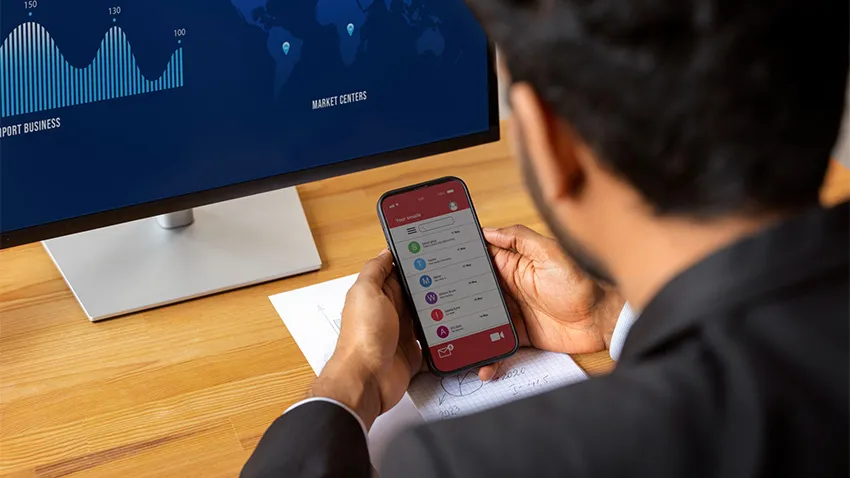
In India, trading has become a popular topic of discussion, as people are increasingly opening online trading accounts to pursue their financial goals. Aiming for long-term wealth generation is a recommended strategy for investing in the stock market. As life stages and financial goals evolve, individuals may have different financial needs, such as education and medical expenses, requiring additional funds. With growing financial awareness, more people are investing in financial assets like stocks, bonds, ETFs, and mutual funds. However, navigating the stock market requires knowledge of technical indicators and investment strategies, making it crucial for novice traders to understand the risks and rewards associated with different assets.
Table of Contents
Defining a Trading Account
A normal operation in the stock market starts when you invest in the market. For a start, when you buy shares with a market value, the shares bought by you get transferred to your Demat account to be securely deposited; the transfer of shares is possible through your trading account. At the time of selling shares from your Demat account to the stock market, the trading account will be the medium where the transfer and amount of your shares will be settled in your bank account. A trading account links the Demat account, bank account, and the stock market. If you want to trade in the share market, it is important to open a trading account.
Step-By-Step Guide on Opening a Trading Account
Online brokers in today’s date offer a fast onboarding process for trading account opening. With an online trading account, you can keep track of all your stock exchange transactions. The trading account opening process is almost the same for each broker, but the charges of trading differ for each broker company.
- To start, you need to have an essential document. These documents include your Aadhaar Card, PAN card, utility bill etc.
- You need to upload a digital copy of the above documents.
- The activation of your trading account generally takes around two working days after submitting the trading account opening application.
- With the help of the E-KYC method, it’s easier to open a trading account. After completing the KYC process, you can trade in the stock market without interruption.
Fees and Charges
Brokerage firms, such as Share India, provide complimentary trading accounts along with fixed fees for various trading activities like intraday trading and derivative trading. Utilizing the Share India trading platform offers numerous advantages, including access to exclusive charts, indicators, and industry insights. Additionally, you can enhance your trading skills by learning and practising different trading strategies.
Share India Trading Charges
- Security Transaction Tax (STT): STT tax is charged on both buying and selling of equity delivery, and selling of intraday equity, futures and options tradings. It’s a direct tax applied to every security exchange in the stock market.
- Transaction/Turnover Charges: These refer to the charges levied by different exchanges to settle your trade. You can also call it the trade clearing charge from the stock exchange.
- Call and Trade: This call and trade charge applies to the trader who trades with the help of an advisor who also undertakes the trade according to the investor’s will. Charges for this trade apply to each order.
- Stamp Charges: Previously, according to the Stamp Duty Act of 1899, every instrument transacted had to pay the stamp charges in different states. However, from July 2020, the Government has replaced the current system with the new uniform stamp duty charges on each financial instrument.
- GST: A GST charge is around 18% of taxes applied on brokerage on your transaction charges.
- Square-Off Charges: These are the charges when you can square off your open position on intraday trade. These charges can vary from different brokers.
- SEBI Charges: These charges depend upon your securities transaction. SEBI is regulatory for the stock market.
- DP charges: The depository participant (DP) charges start at ₹20 along with GST applied per scrip irrespective of volume at the time of selling the stock from the Demat account. This charge is collected by the depository participant.
- Annual Maintenance Charges (AMC): AMC refers to the yearly maintenance charge for your trading account. Many brokers offer Demat accounts and trading accounts clubbed AMC to lower the cost of overall trading.
Conclusion
Embracing the convenience of online trading has made the process of opening a trading account swift and hassle-free. Brokers such as Share India provide a seamless trading experience with cutting-edge technology, making trading accessible. While trading might pose challenges for beginners, the Share India platform offers valuable knowledge and hands-on experience. Additionally, Share India extends its support by providing insights and consultations, enhancing your share market trading journey.